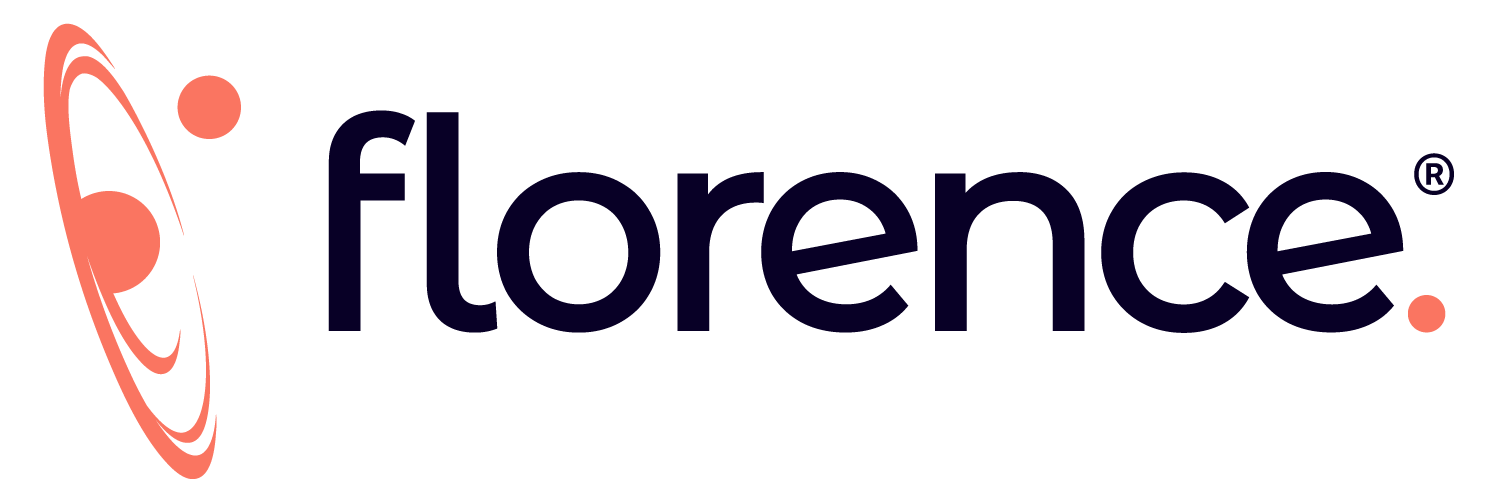5 RFI Questions for Vendors Specializing in Remote Site Access Solutions
Many sites in the current pandemic landscape have limited or restricted on-site monitoring visits, increasing the demand for remote site access solutions across the industry. This shift is causing the clinical research industry to evolve and embrace technology solutions at a never-before-seen pace. The accelerating digital transformation stems from sponsors and CROs needing access to essential regulatory documents and source data from their sites.
Sponsors and CROs need providers of proven solutions to support new and ongoing research and to ensure continued patient safety. But first, you need to evaluate each solution to determine whether it meets the needs of your stakeholders and your organization’s goals.
Where Do You Begin?
The proven process for vetting technology vendors is through a formal Request for Information (RFI). Begin by identifying the need at hand and finding potential solutions by researching online and requesting personal recommendations. From there, your team should narrow the selection to five to ten vendors that appear to be the ideal solution.
The RFI process will help provide a clear understanding of the solution’s strengths and potential weaknesses based on the vendor’s responses and supportive data.
What Questions Do You Ask in an RFI?
Every RFI should include several basic questions that establish the vendor’s identity, a general solution overview, and a primary point of contact. Beyond the basics, there are five key questions that ensure that the vendors are able to present, defend, and support their solution in a substantive manner.
Each vendor’s responses will help you narrow your list to only the vendors that meet your needs.
1. What is your company’s mission?
The goal of this question is to determine what the vendor values and identifies as their driving force. This will give you insight into whether you both share the same vision and are working towards the same goal. Are they focused on the advancement of clinical research? Who do they view as their key customers? What core values drive their internal teams?
View your vendor as a partner in the advancement of your clinical trial operations and align with a vendor that sees your problems as their problems. Working towards a unified goal will make a much stronger and more fruitful partnership.
2. Who is currently using your remote site access platform and how is it being utilized?
When asking this question, you are looking to obtain specific proof points validating the functionality of the vendor’s solution. For example, you may gather data points on the number of active investigators, the monthly volume of documents being processed, patents, awards, public acknowledgments, and customer testimonials. This information helps you verify if the features and functionality provided in the solution overview are sufficient for your needs.
3. Is your solution compliant with local, regional and global regulatory requirements?
The response to this question reveals if the vendor is committed to compliance and whether the solution will be viable for your regulatory requirements. During a regulatory audit, this information will be invaluable and necessary. Ultimately, your vendor should demonstrate an awareness of and sensitivity to your country or site-specific regulations. Consider obtaining documented proof of compliance with the following regulations:
- FDA’s 21 CFR Part 11
- EU’s Annex 11
- CCPA
- GCP
- GDPR
- HIPAA
4. What are your implementation, training, and ongoing support processes?
It is critical to understand exactly how the vendor will support you and your team after the “ink has dried” on the contract. A capable vendor has robust, stepwise implementation and training processes that drive user adoption and the success of your team. Additionally, high levels of ongoing customer support are key to ensuring adoption and continued utilization of the solution.
5. How do you typically engage with your customers?
This question aims to determine how you and your vendor will collaborate. Are they as focused as much on your success as they are on the “sale”? Will you have opportunities to share feedback and have that feedback impact future features? What mechanisms ensure issues are resolved or escalated as needed? You and your vendor will be in a partnership. And like any relationship, full transparency is required for you to meet your goals.
Moving Forward
Over the course of my 23-year career in the clinical research sector, I have completed or issued hundreds of RFIs. The key questions in this article are those that I have asked most frequently and yielded the most productive partnerships. Our industry is evolving at an incredible space with technology leading the way.
There are countless vendors in the market that can provide a solution for remote site access, but it is the vendor that can respond to these questions with ease, that will ensure your organization’s continued success in advancing research.
Ready to start your own conversations with clinical research software vendors? Connect with us to talk.
About the Author:
Ty Quinn is the VP/GM of Sponsor and CROs of the leading clinical trial software company Florence Healthcare. Florence advances clinical research through software – its electronic Investigator Site File (eISF) helps over 10,000 research teams around the world take their day back from paper.

